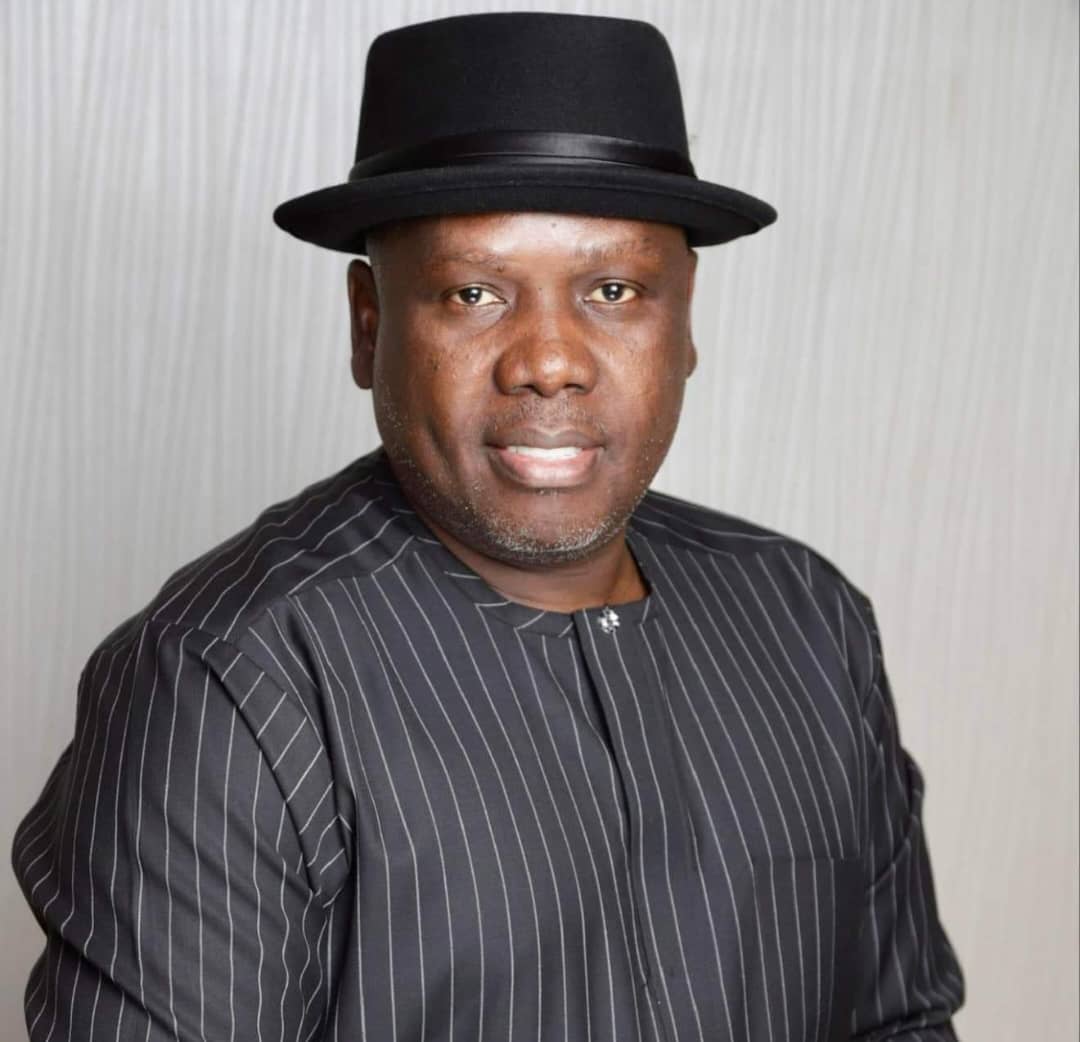In recent interactions with young Nigerians on social media, I have observed a recurring theme: a profound sense of inadequacy rooted in the belief that life has dealt them an unfavorable hand. Many young people feel that their humble beginnings place them at a disadvantage compared to those born into privilege. This sentiment is disheartening and leads to diminished self-worth and ambition. But it is important to challenge this mindset and shift our perspective on success. Through historical context, real-world examples and verifiable evidence, we can uncover an empowering truth. And this is that greatness is accessible to anyone willing to harness their potential and strive for excellence. One of the key arguments I make in these discussions is that while having a recognizable family name or status may offer certain advantages, these factors are not prerequisites for achieving greatness. Some people believe that success is often a natural consequence of privilege, but history and contemporary examples show that prominence offers only a temporary advantage. Many people who have achieved remarkable success did not start with an illustrious background, but rose through personal effort, innovation and perseverance. Their achievements were defined by determination, resilience and capacity for growth.
This raises an important question. Why do so many people believe that success is preordained by one’s background? A key reason is the human tendency to overvalue initial conditions of success stories and undervalue the effort, learning and failure behind them. We often celebrate outcomes (wealth, fame and power) without adequately considering the process that led there. As a result, young people may feel that, because they lack the initial visible markers of success, they are somehow unworthy or incapable of achieving it. But if we look deeper into the lives of those who succeeded, a very different picture emerges. Consider the historical context provided by renowned scholar Ibn Khaldun in his work Muqaddimah. Ibn Khaldun’s analysis of the rise and fall of dynasties reveals an important insight. The vigor and virtues that lead to prominence often wane over time. By the third or fourth generation, the drive and ambition that fueled a family’s rise diminish and the once-prominent name often reverts to an ordinary status. This cyclical nature of history illustrates that the advantages conferred by a famous name or prestigious lineage are transient. It also suggests that the prominence of a name does not perpetuate indefinitely. It fades unless people within the lineage rekindle the ambition necessary to sustain greatness. This historical perspective is a powerful reminder that relying on lineage or social status is unsustainable. The children of kings and billionaires, though born into privilege, are not always often able to replicate their forebears’ achievements unless they, too, put in the requisite work and develop the skills necessary to thrive in a changing world.
The many examples of the children of prominent figures who often struggle to match their parents’ success further reinforces this point. While their parents may have achieved success through hard work and innovation, the children may not possess the same driving forces or personal motivations. This generational shift in motivation shows that talent or privilege alone can only take one so far, but sustained success requires effort and personal initiative. In fact, families could often lose their wealth or prominence within just a few generations. The children of accomplished people, cushioned by comfort, sometimes lack the hunger, drive and resourcefulness that characterized their parents’ rise to prominence. This understanding should inspire young Nigerians who feel disadvantaged by their initial circumstances. It is important for young people in Nigeria to recognize that greatness is not a matter of luck or chance, but a result of dedication, hard work and seizing opportunities. The limitations imposed by one’s background or social status are not insurmountable barriers but challenges to be overcome through perseverance, creativity and a willingness to learn and grow.
A notable example of this principle is the story of people who have risen from humble beginnings to achieve extraordinary success. Nelson Mandela, who emerged from adversity to become a global symbol of resilience and leadership and Elon Musk, whose entrepreneurial ventures transformed industries despite facing numerous obstacles, exemplify how personal effort and vision can transcend initial limitations. Mandela’s story is particularly compelling. He was born into a modest family in a segregated South Africa, where he faced systemic racism and personal sacrifices in his fight for justice. Notwithstanding the overwhelming odds, Mandela’s persistence and moral leadership reshaped the history of his country and the world. Musk, on the other hand, revolutionized the space, automotive and energy sectors. He did that not through inherited wealth but through an unwavering commitment to his vision. There are many examples of people whose lives and accomplishments prove that greatness is not predicated on one’s starting point, but on the capacity to envision something greater and relentlessly pursue it.
Young Nigerians need to embrace a mindset that prioritizes self-belief and determination over reliance on external advantages. It is important to focus on personal growth, seek opportunities for learning and cultivate a strong sense of purpose. In an increasingly interconnected world, access to education, technology and global networks means opportunities for growth are more accessible than ever. It means success is within reach for anyone willing to work tirelessly and capitalize on the opportunities available. And this shift in mindset is critical, particularly in a society like Nigeria where structural inequalities and systemic barriers can create feelings of helplessness and defeatism. It is true that not everyone starts on an equal playing field, but it is equally true that greatness is often forged in the crucible of adversity. Some of the most remarkable success stories emerge from people who faced significant challenges but refused to be defined by them. Thus, young Nigerians must know that the journey toward success might be difficult, but it is entirely possible with the right attitude, resources and determination.
As a young person, your path to success may be challenging, but with determination and self-belief, it is a journey that can lead to extraordinary achievements. But before you reach that point, you must believe in yourself and understand that success comes from your individual effort, perseverance and willingness to embrace opportunities. You must recognize that the idea that your starting point always determines your potential for greatness is a fallacy. You should also reject the limitations imposed by external circumstances and focus on your personal goals and ambition as the driving forces toward unlocking your full potential and achieving greatness.
Mohammed Dahiru Aminu (mohd.aminu@gmail.com) wrote from Abuja, Nigeria.
Nigerians need credible journalism. Help us report it.
Support journalism driven by facts, created by Nigerians for Nigerians. Our thorough, researched reporting relies on the support of readers like you.
Help us maintain free and accessible news for all with a small donation.
Every contribution guarantees that we can keep delivering important stories —no paywalls, just quality journalism.
Support PREMIUM TIMES' journalism of integrity and credibility
At Premium Times, we firmly believe in the importance of high-quality journalism. Recognizing that not everyone can afford costly news subscriptions, we are dedicated to delivering meticulously researched, fact-checked news that remains freely accessible to all.
Whether you turn to Premium Times for daily updates, in-depth investigations into pressing national issues, or entertaining trending stories, we value your readership.
It’s essential to acknowledge that news production incurs expenses, and we take pride in never placing our stories behind a prohibitive paywall.
Would you consider supporting us with a modest contribution on a monthly basis to help maintain our commitment to free, accessible news?
TEXT AD: Call Willie - +2348098788999

















 English (US) ·
English (US) ·